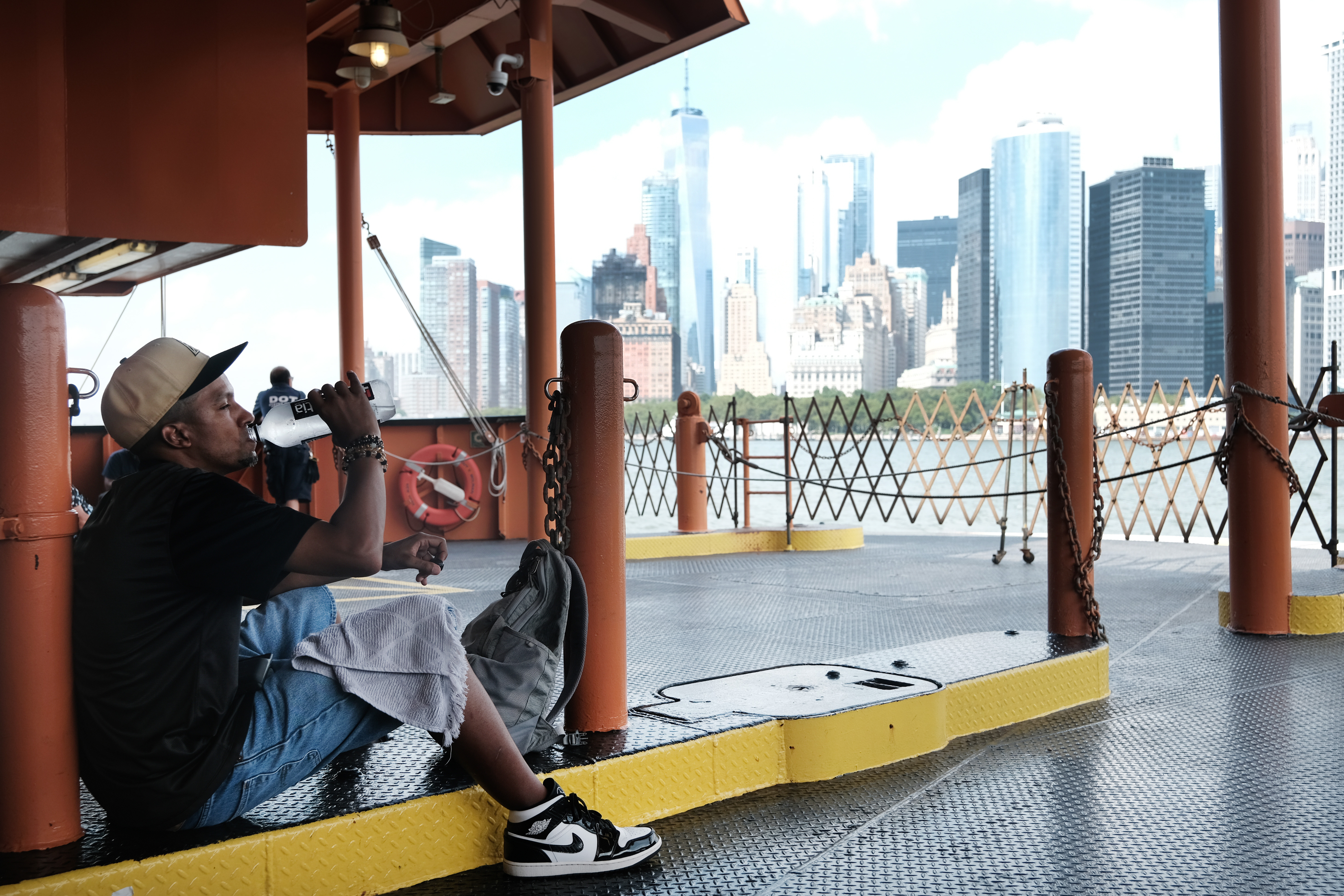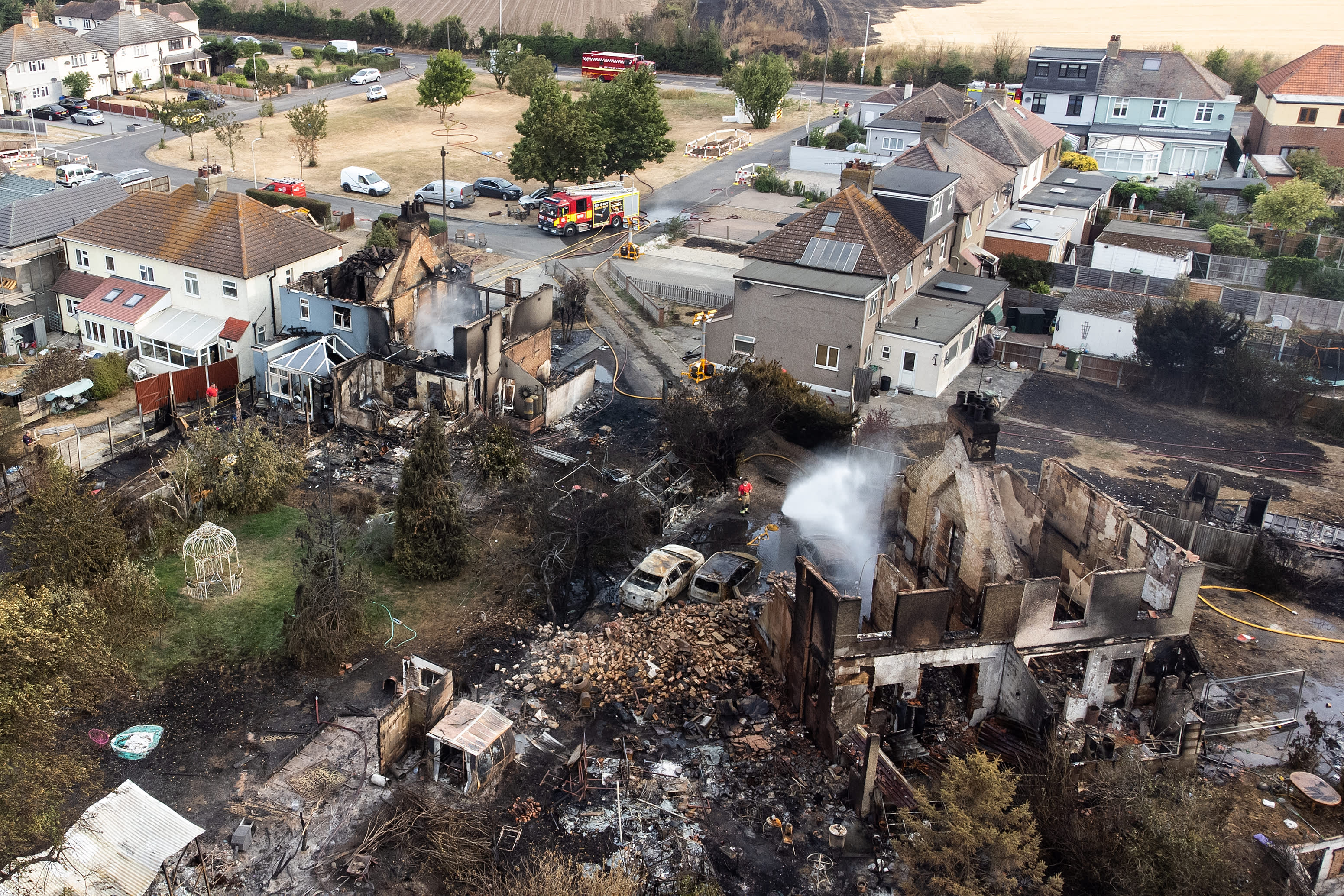The third day of a week-long heat wave continued to grip the tri-state on Thursday, which may have been the worst day thus far, with the humidity making it feel even hotter than it is.
While the humidity has been particularly bad during the current heat wave, the temperatures are not quite as high as others seen in the southwestern United States, which can hit triple digits fairly frequently during the summer.
We've all heard from people who live in that part of the country that their dry heat isn't so bad, and that it doesn't feel nearly as hot.
Get Tri-state area news delivered to your inbox.> Sign up for NBC New York's News Headlines newsletter.
So which is more dangerous: dry heat, or a wet and humid heat?
According to the head of Westchester Medical Center's emergency department, the heat that has settled over the tri-state (and will likely stick around through the weekend) is far worse for our health.
"What cools the body is the evaporation of sweat on the skin. And evaporation occurs more slowly in a humid environment, so there’s less cooling," said Dr. Ivan Miller.
Not allowing the body to cool itself off can lead to overheating and potentially heat stroke, when the body's core temperature starts to rise and those suffering from it can start to feel feverish. Those who begin to feel those symptoms on a hot day should call 911, Miller said.
"The earliest signs of heat illness are very non-specific. You may feel a little under the weather, this sort of generalized weakness, maybe a little dizziness," he said. "Got to pay close attention to that on a day like this."
But it's not just the air temperatures and humidity that pose a danger — hot surfaces can also be very dangerous. Dr. Miller said that sand on a beach can reach temperatures of 150 degrees.
"We have a burn center here at Westchester Medical Center and we do occasionally see patients with burns on their feet, sometimes second degree burns," he said.
The dangers aren't just outside, as getting stuck inside in certain places — like a vehicle — on a hot day poses a tremendous risk as well.
"A parked car that’s turned off in the sun can be super-heated indoors by the greenhouse effect," Miller said.
A thermometer was left in a car during a very hot afternoon on Thursday (temperatures above 90 degrees). After just a matter of minutes, it read over 120 degrees.
Miller said that those who need to be outside during hot days should bring plenty of water in order to stay hydrated.



